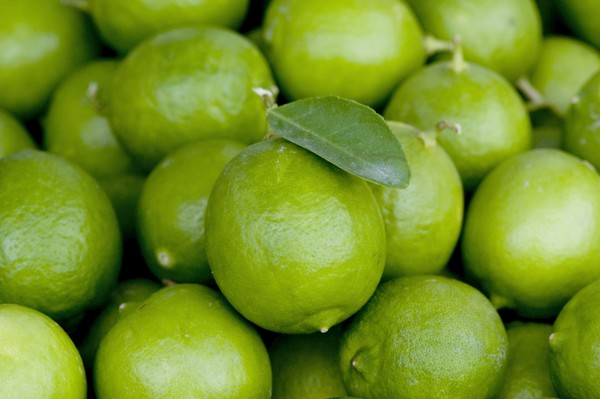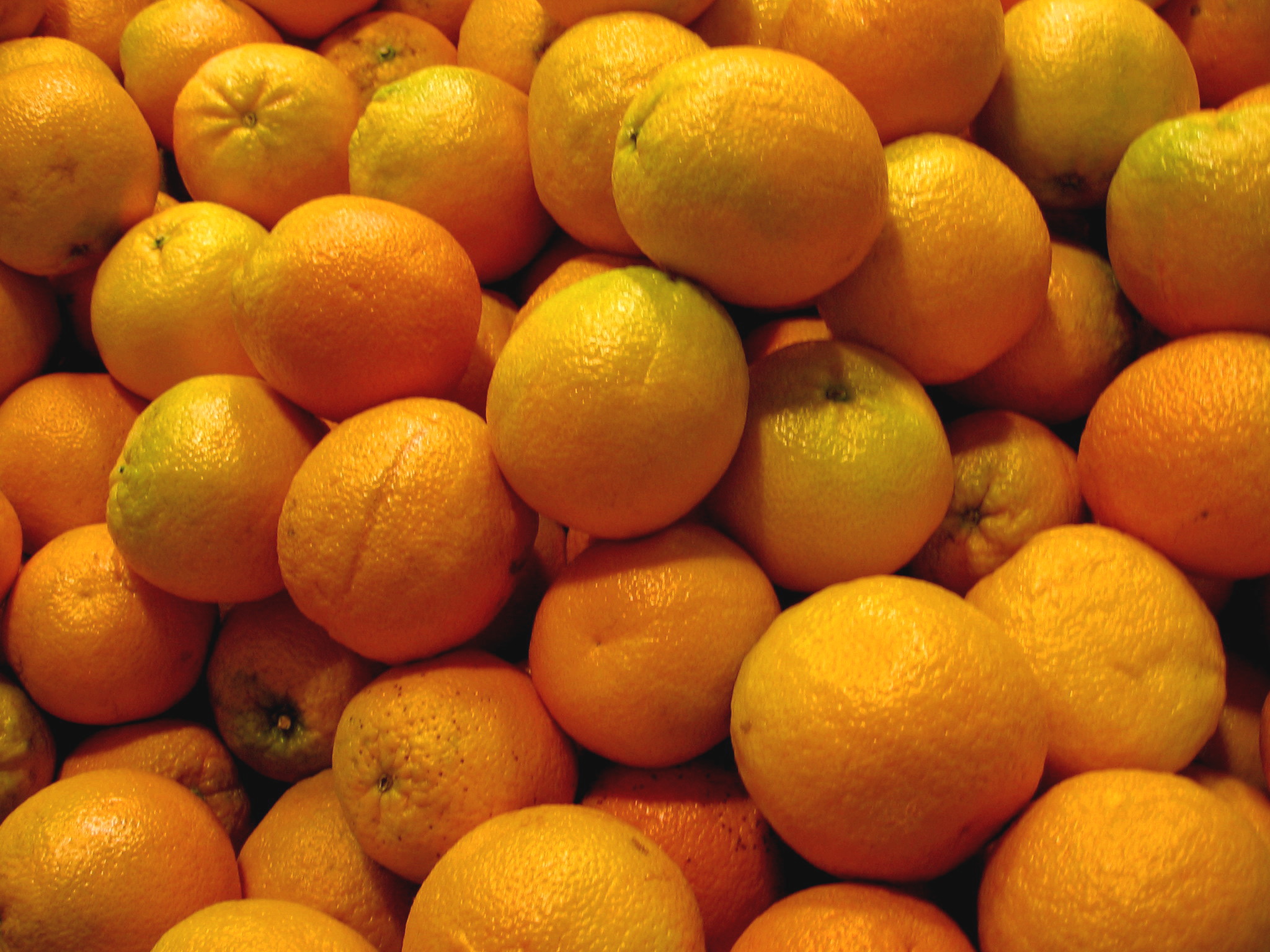Food For Winter
Winter food. Winter is a time to refit. To assess the foundation and structure of our body and make adjustments if necessary. The first and most important thing to look at is our diet. If you are the type of person that eats the same things year in and year out or even worse, Monday is salad night, and Tuesday is pizza night, etc. You are causing a number of problems with your health. Like any organism the body adjusts to the stimuli that confront it. Food is a very powerful stimulus to the body. Did you know that you can lose or gain weight eating exactly the same food, but eating it in different combinations or at different times of the day?
Surprise
Surprise your body. Make it adjust to different foods and different schedules. It is good for you. God forbid that you might have to actually think about it!
Winter
Back to winter. Everything slows down in the winter. Your body’s metabolism slows to maintain the fat you have stored in case food becomes scarce. Your immune system is compromised by the lack of water soluble and sunlight provided vitamins, such as B-complex and C which are not stored by the body and must be replaced every day and while Vitamin D, is stored by the body, it is also harder to come by in the winter because our main source is sunlight. That is why you are more likely to get a cold or the flu during the winter.
Serotonin, a powerful neurotransmitter in the brain, is lost during the winter causing a winter depression. All of these negative factors are all increased when you stay on your warm weather diet.
Winter Foods
If you can’t find sunshine to get your Vitamin D, you can get it in abundance from fresh fish not to mention omega 3 fatty acids: The following is from Ask DrSears ranking seafood by nutrition:
- Best sources of omega 3 fatty acids: salmon, albacore tuna, mackerel, lake trout, Alaskan halibut, sardines, herring.
- Highest in protein per serving: tuna, salmon, snapper, swordfish. Most fish are similar in protein content. Best source of protein in grams per calorie of fish are: lobster, shrimp, tuna, cod.
- Highest vitamin B-12 content: clams, mackerel, herring, blue fin tuna, rainbow trout, and salmon.
- Highest in iron: clams, shrimp, mackerel, swordfish.
- Lowest in iron: orange roughy, snapper, sea bass.
- Highest in zinc: crab, lobster, swordfish, and clams.
- Highest in calcium: canned salmon with bones.
- Highest in total fat, saturated fats, and calories: mackerel.
- Lowest in total fat and saturated fat: lobster, orange roughy.
- Highest in cholesterol: shrimp, mackerel, lobster.
- Lowest in cholesterol: yellowfin tuna, albacore, tuna, snapper, halibut, grouper.
- Most risky fish for pollutants: wild catfish, shrimp, lake trout (warm-water fish and those in lakes from agrochemical run-off).
- Least risky fish for pollutants: deep-water ocean fish, salmon and tuna.
Water Soluble Vitamins
Most important to eat daily are the foods containing your water soluble vitamins, B-complex and C. Not only are they important to maintain your energy levels, they contribute to your appetite, vision, blood and nervous system. The following is a table from the Colorado State University extension site about Water soluble vitamins.
Considerable losses during cooking.Uncommon due to availability in most foods; fatigue; nausea, abdominal cramps; difficulty sleeping.
| Table 1: Water-soluble vitamins and their characteristics. | ||||
| Common food sources | Major functions | Deficiency symptoms | Overconsumption symptoms | Stability in foods |
|---|---|---|---|---|
| Vitamin C (ascorbic acid) | ||||
| Citrus fruits, broccoli, strawberries, melon, green pepper, tomatoes, dark green vegetables, potatoes. | Formation of collagen (a component of tissues), helps hold them together; wound healing; maintaining blood vessels, bones, teeth; absorption of iron, calcium, folacin; production of brain hormones, immune factors; antioxidant. | Bleeding gums; wounds don’t heal; bruise easily; dry, rough skin; scurvy; sore joints and bones; increased infections. | Nontoxic under normal conditions; rebound scurvy when high doses discontinued; diarrhea, bloating, cramps; increased incidence of kidney stones. | Most unstable under heat, drying, storage; very soluble in water, leaches out of some vegetables during cooking; alkalinity (baking soda) destroys vitamin C. |
| Thiamin (vitamin B1 ) | ||||
| Pork, liver, whole grains, enriched grain products, peas, meat, legumes. | Helps release energy from foods; promotes normal appetite; important in function of nervous system. | Mental confusion; muscle weakness, wasting; edema; impaired growth; beriberi. | None known. | Losses depend on cooking method, length, alkalinity of cooking medium; destroyed by sulfite used to treat dried fruits such as apricots; dissolves in cooking water. |
| Riboflavin (vitamin B2) | ||||
| Liver, milk, dark green vegetables, whole and enriched grain products, eggs. | Helps release energy from foods; promotes good vision, healthy skin. | Cracks at corners of mouth; dermatitis around nose and lips; eyes sensitive to light. | None known. | Sensitive to light; unstable in alkaline solutions. |
| Niacin (nicotinamide, nicotinic acid) | ||||
| Liver, fish, poultry, meat, peanuts, whole and enriched grain products. | Energy production from foods; aids digestion, promotes normal appetite; promotes healthy skin, nerves. | Skin disorders; diarrhea; weakness; mental confusion; irritability. | Abnormal liver function; cramps; nausea; irritability. | |
| Vitamin B6 (pyridoxine, pyridoxal, pyridoxamine) | ||||
| Pork, meats, whole grains and cereals, legumes, green, leafy vegetables. | Aids in protein metabolism, absorption; aids in red blood cell formation; helps body use fats. | Skin disorders, dermatitis, cracks at corners of mouth; irritability; anemia; kidney stones; nausea; smooth tongue. | None known. | |
| Folacin (folic acid) | ||||
| Liver, kidney, dark green leafy vegetables, meats, fish, whole grains, fortified grains and cereals, legumes, citrus fruits. | Aids in protein metabolism; promotes red blood cell formation; prevents birth defects of spine, brain; lowers homocystein levels and thus coronary heart disease risk. | Anemia; smooth tongue; diarrhea. | May mask vitamin B12deficiency (pernicious anemia). | Easily destroyed by storing, cooking and other processing. |
| Vitamin B12 | ||||
| Found only in animal foods: meats, liver, kidney, fish, eggs, milk and milk products, oysters, shellfish. | Aids in building of genetic material; aids in development of normal red blood cells; maintenance of nervous system. | Pernicious anemia, anemia; neurological disorders; degeneration of peripheral nerves that may cause numbness, tingling in fingers and toes. | None known. | |
| Pantothenic acid | ||||
| Liver, kidney, meats, egg yolk, whole grains, legumes; also made by intestinal bacteria. | Involved in energy production; aids in formation of hormones. | None known. | About half of pantothenic acid is lost in the milling of grains and heavily refined foods. | |
| Biotin | ||||
| Liver, kidney, egg yolk, milk, most fresh vegetables, also made by intestinal bacteria. | Helps release energy from carbohydrates; aids in fat synthesis. | Uncommon under normal circumstances; fatigue; loss of appetite, nausea, vomiting; depression; muscle pains; anemia. | None known. | |
Bottom Line
If you want to get the message without doing the reading, eat the following in larger quantities during the winter months:
- Fish
- Eggs
- Water – stay hydrated year round
- Chocolate – has many mood elevators
- Citrus – especially oranges, limes and lemons
- Nuts and Seeds – they contain selenium which will help you avoid the winter blues
- Whole gains – remember whole grains
- Cultured Yogurt – will help maintain your digestive system
- Dark Green Vegetables – spinach, peas, kale all have iron which will help your blood
- Legumes
- Turkey
- Cranberries
- Winter Squash
Eat healthy and feel better. Click on the highlighted links above for much more information on each subject and as always please ask me anything you’d like – jughandle




